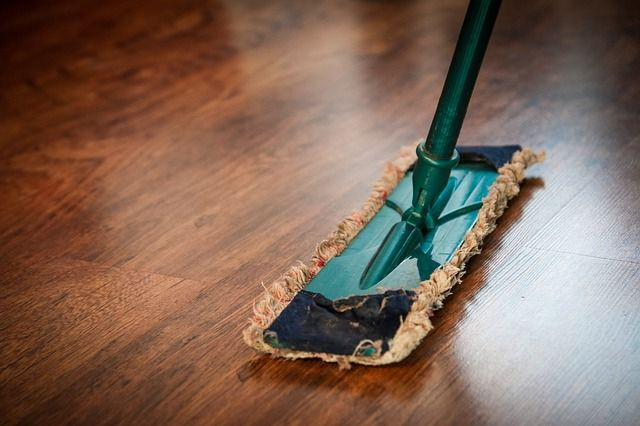Women, Doing All The Household Chores Is Bad For Your Relationship

"Medical Daily is pleased to announce it will soon be part of Newsweek. There, you will find the same stories on the latest news about health, fitness, nutrition, and relationships to enhance your life."
One of the biggest debates among couples occurs in the kitchen: "Who's doing the dishes?" Women are working and earning just as much or more than men, yet new research suggests a gender gap still exists in who's doing the bulk of the housework. The study, published in Sex Roles, found women are consistently performing more household chores than men, which can hurt their relationship.
Canadian researchers at the University of Alberta observed patterns of housework responsibility between men and women are consistent at three life stages: transition to adulthood (age 25); young adulthood (age 32); and midlife (age 43). Specifically, women and the partner with the lowest income are the ones doing more household chores when a couple is around 25 years old; work hours and men raising children impacts housework involvement at 32 years old; and gender was the biggest predictor of who will do what chores when couples are in their forties. The researchers conclude most housework is generally done by women.
“Overall, time, money and gender variables seem to be important for explaining the division of household labor, albeit to varying intensities depending on stage in the life course,” Rebecca Horne, lead author of the study from the University of Alberta, says in a statement.
A recent American Time Use Survey from the Bureau of Labor Statistics has found men do 35 percent of total household tasks. Chores can become a joint effort for married couples, cutting cleaning time by two-thirds and can even help enhance a physical attraction and lead to a better sex life.
A study conducted at the University of California-Riverside found wives are more likely to be sexually attracted to husbands who help with chores. Wives are also more likely to get "in the mood," which researchers attribute to women feeling less stressed over balancing work and home life. Although there is more negotiation over who does what, the researchers observe their relationships actually improve.
Similarly, another study found that the equal contribution to chores could enhance a couple's relationship. When men perceived their contribution to doing chores as fair, the couple engaged in more frequent sex and both male and female partners were more satisfied with their sex lives. However, the amount of housework the male partner performed (more than women) did not influence how many times the couple had sex. In other words, the perception of doing an equal amount of housework was enough for both partners to engage in sex.
The truth is the amount of housework will mean something different for every relationship based on their expectations of what each partner should be doing. This is also contingent on how they compare themselves to other couples they know. But, these findings can help start the conversation on helping gender equality on a societal level and helping life partners become more attuned to what influences their domestic life.
Published by Medicaldaily.com



























